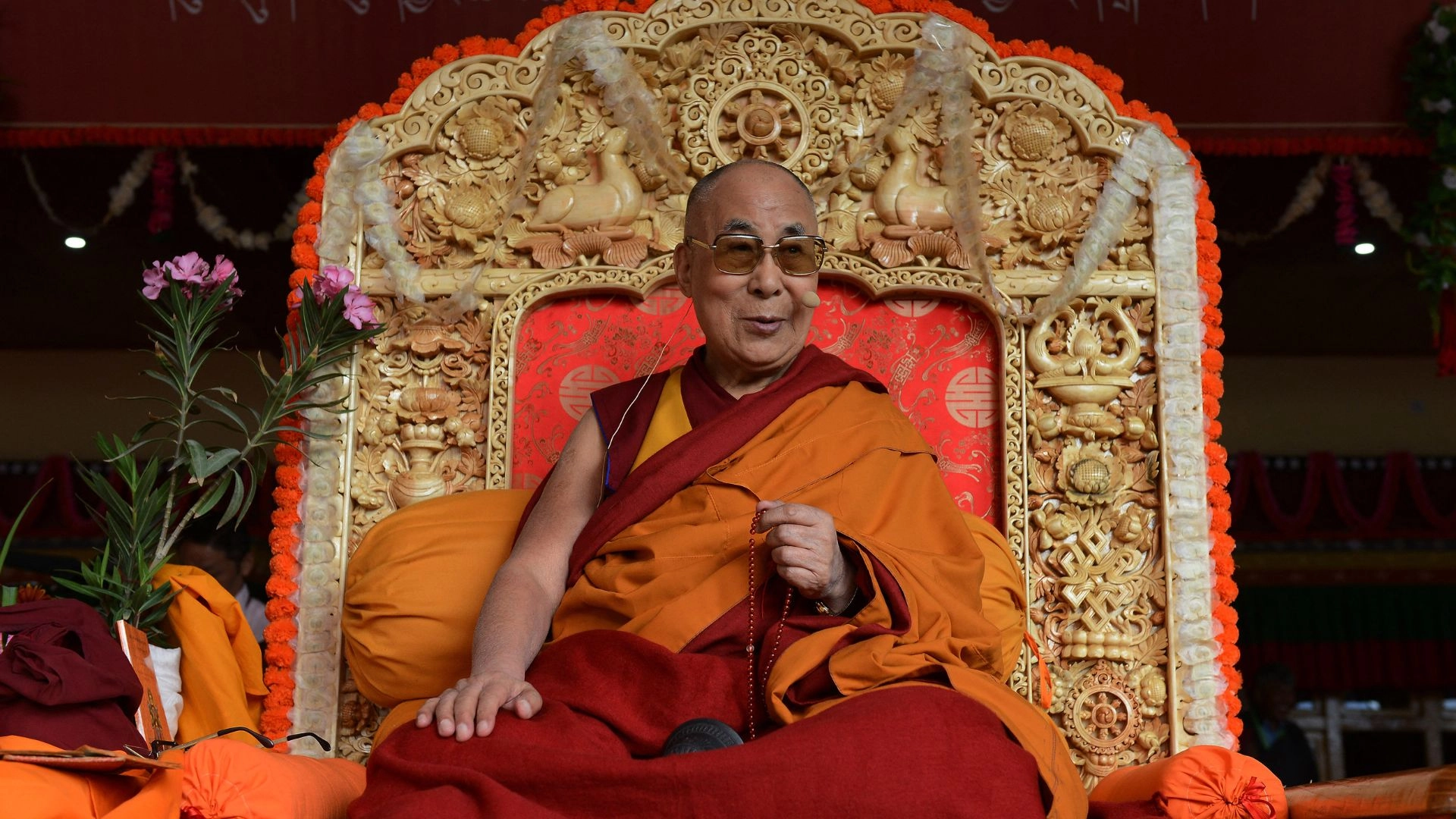The Dalai Lama, the spiritual leader of Tibetan Buddhism, recently unveiled his succession plans amid increasing scrutiny from China. As tensions between Tibet and the Chinese government persist, the Dalai Lama’s approach to succession has garnered significant attention. He has emphasized the importance of a successor who embodies the values and teachings of Tibetan Buddhism while also being recognized by the Tibetan people. This announcement comes at a time when the political landscape in Tibet remains fraught with challenges, particularly as the Chinese government seeks to assert its influence over Tibetan religious and cultural practices.
The Dalai Lama’s succession plans are particularly noteworthy given the historical context of Tibetan Buddhism and the role of the Dalai Lama as both a spiritual and political figure. Traditionally, the search for the next Dalai Lama involves a meticulous process that includes the identification of a reincarnation, usually a young child who demonstrates the qualities of the previous Dalai Lama. However, the Chinese government has expressed its intention to play a significant role in this process, raising concerns among Tibetans and the international community alike. The Dalai Lama has countered this by stating that his reincarnation could emerge outside of Tibet, emphasizing that the spiritual lineage should not be subject to political interference.
As the world watches closely, the Dalai Lama’s declarations about succession also reflect a broader struggle for autonomy and cultural preservation among the Tibetan people. His insistence on a successor who is recognized by the Tibetans rather than imposed by the Chinese government highlights the ongoing conflicts surrounding religious freedom and national identity. The Dalai Lama has stated that he is open to the possibility of his reincarnation being found in India or elsewhere, which underscores his commitment to the Tibetan diaspora and the global Buddhist community. This stance not only challenges the Chinese government’s authority but also serves to rally support for the Tibetan cause on the international stage.
In this complex geopolitical climate, the Dalai Lama’s succession plans may have far-reaching implications for Tibet’s future. As he continues to advocate for peace, compassion, and the preservation of Tibetan culture, his decisions will likely influence not only the spiritual landscape of Tibetan Buddhism but also the socio-political dynamics between Tibet and China. The international community remains watchful, recognizing that the manner in which this succession unfolds could either exacerbate tensions or pave the way for a more harmonious relationship between Tibetans and the Chinese government. Ultimately, the Dalai Lama’s legacy and the future of Tibetan Buddhism hang in the balance as the world awaits the next chapter in this ongoing saga.




